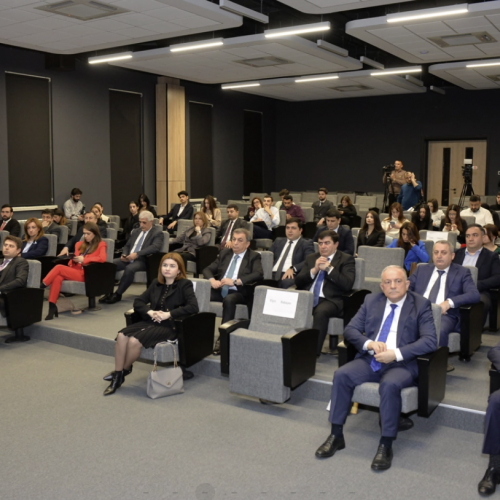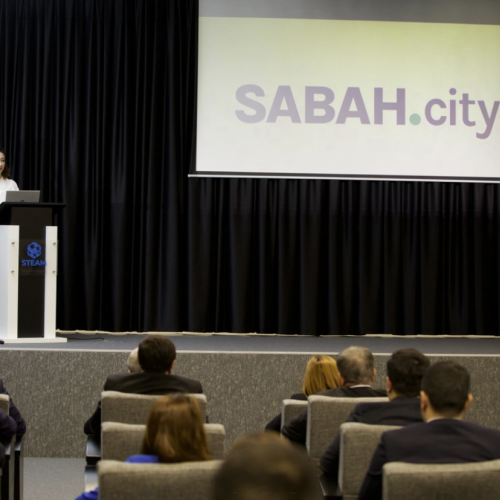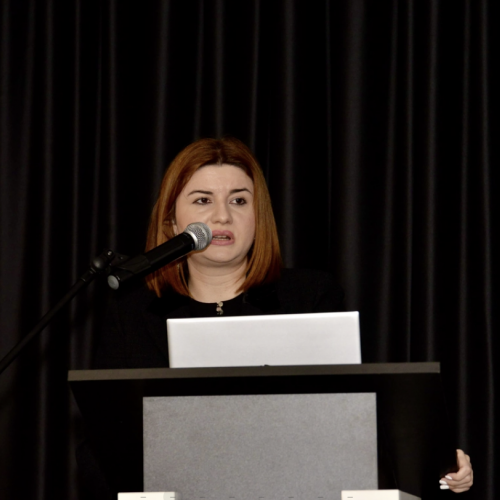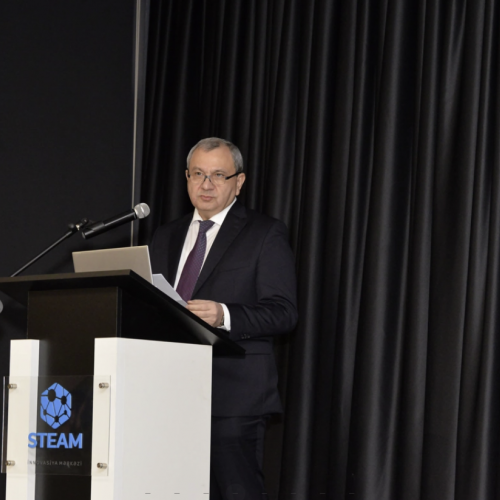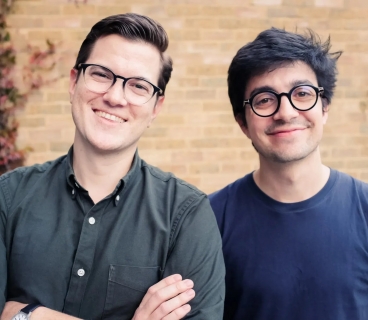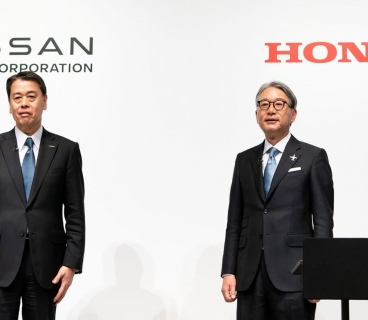On February 14, a Memorandum of Understanding was signed between the High Technology Park (HTP) of the Ministry of Science and Education and leading higher education institutions in Azerbaijan to establish strategic cooperation.
According to the State Agency for Science and Higher Education, the agreement stipulates that selected SABAH group programs in IT, engineering, and science from Baku State University, Azerbaijan Technical University, and Azerbaijan State Oil and Industry University will be taught at the newly established "SABAH.city" campus within the HTP area starting in 2026.
During the opening speech, Ülkər Səttarova, Director of the State Agency for Science and Higher Education, provided detailed information about the phased expansion of the SABAH program in accordance with the Presidential Decree on "Expanding the Scope and Funding of New-Content Higher Education Programs." She emphasized that the collaboration with HTP within the framework of the "SABAH.city" innovation campus would introduce a new approach to the relationship between the business environment, science, and higher education.
Following this, the rectors of Baku State University, Elchin Babayev, Azerbaijan Technical University, Vilayat Valiyev, and Azerbaijan State Oil and Industry University, Rufat Azizov, spoke about the ongoing efforts within the SABAH program at their respective institutions. They stressed the necessity of implementing new approaches to enhance the quality of higher education. Additionally, Nihat Majidov, Director General of the High Technology Park, presented on the collaboration between the "SABAH.city" innovation campus and higher education institutions, highlighting that the project aims to enhance educational quality through modern infrastructure, an updated curriculum, an innovative student assessment system, and a highly qualified faculty.
This initiative, which includes both undergraduate and graduate students, aims to develop a research- and innovation-oriented academic environment, establish a leading academic ecosystem within participating universities, and implement innovative education models to prepare students for the evolving job market.


